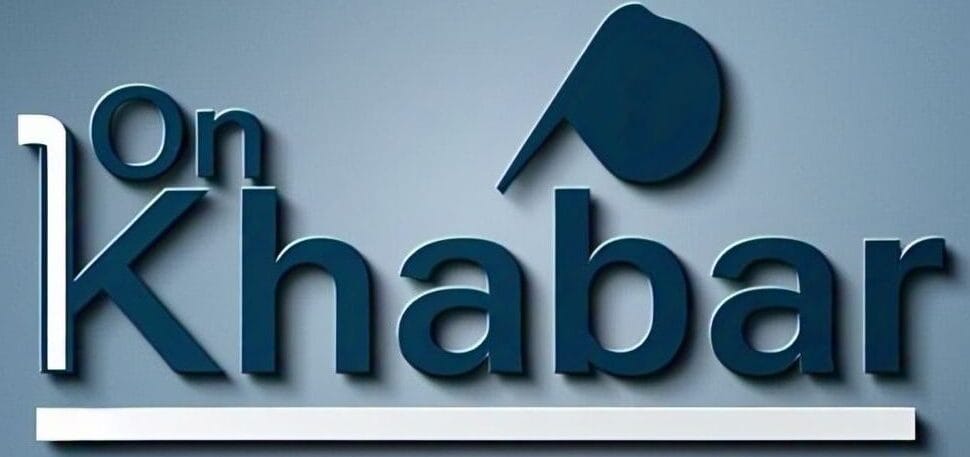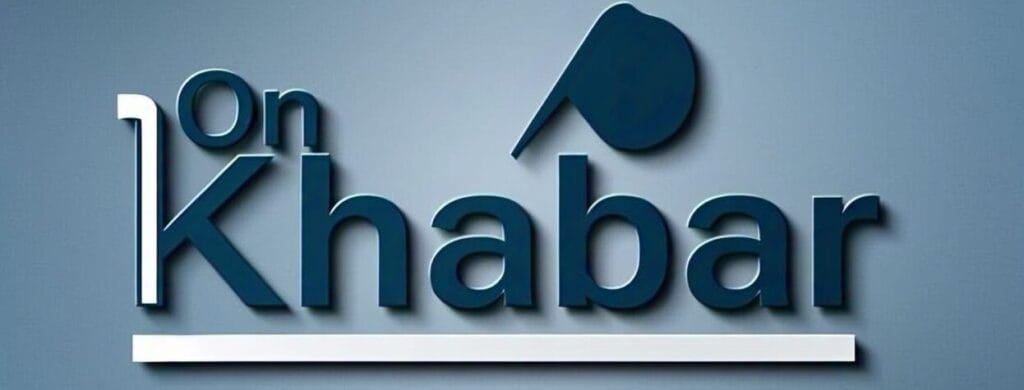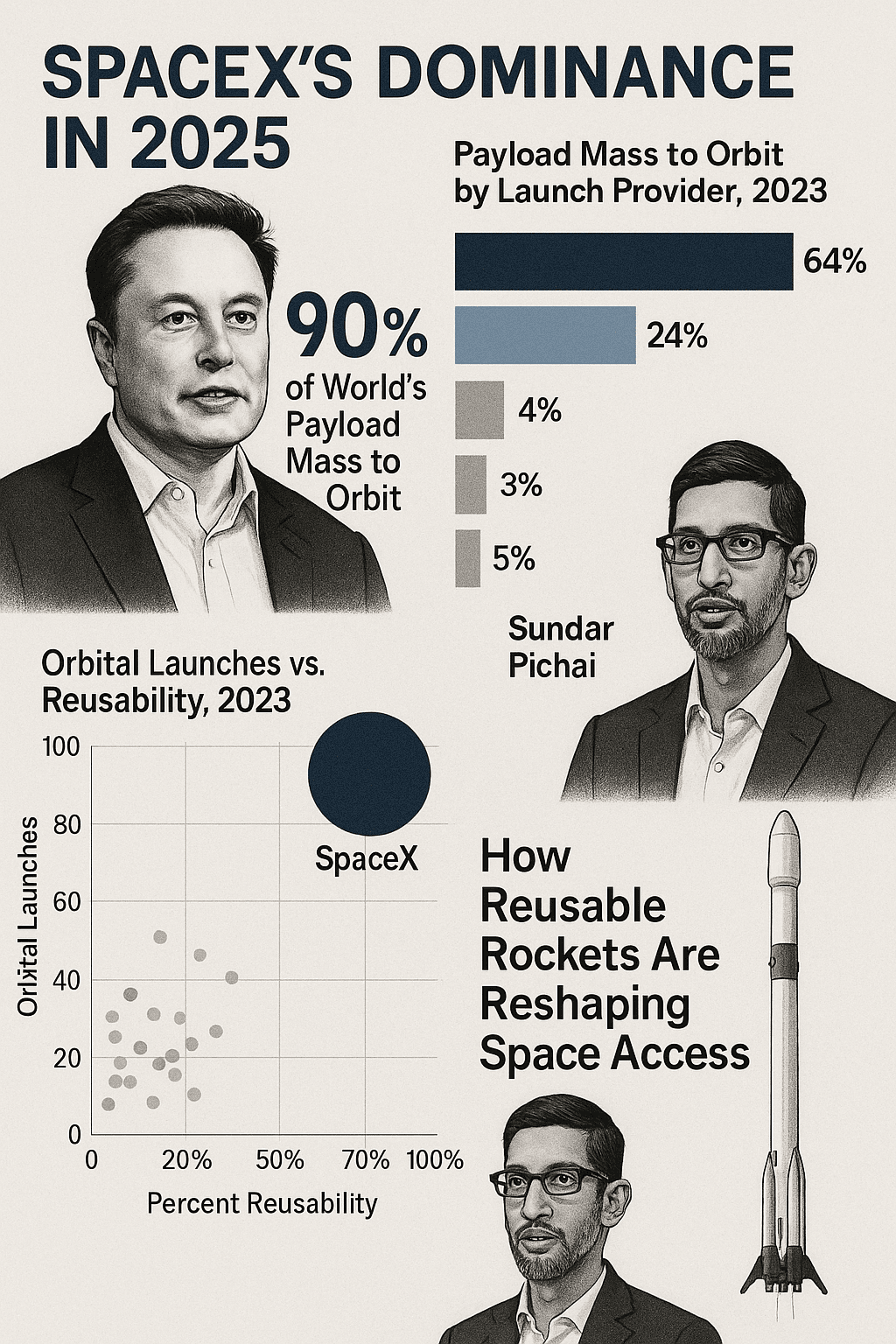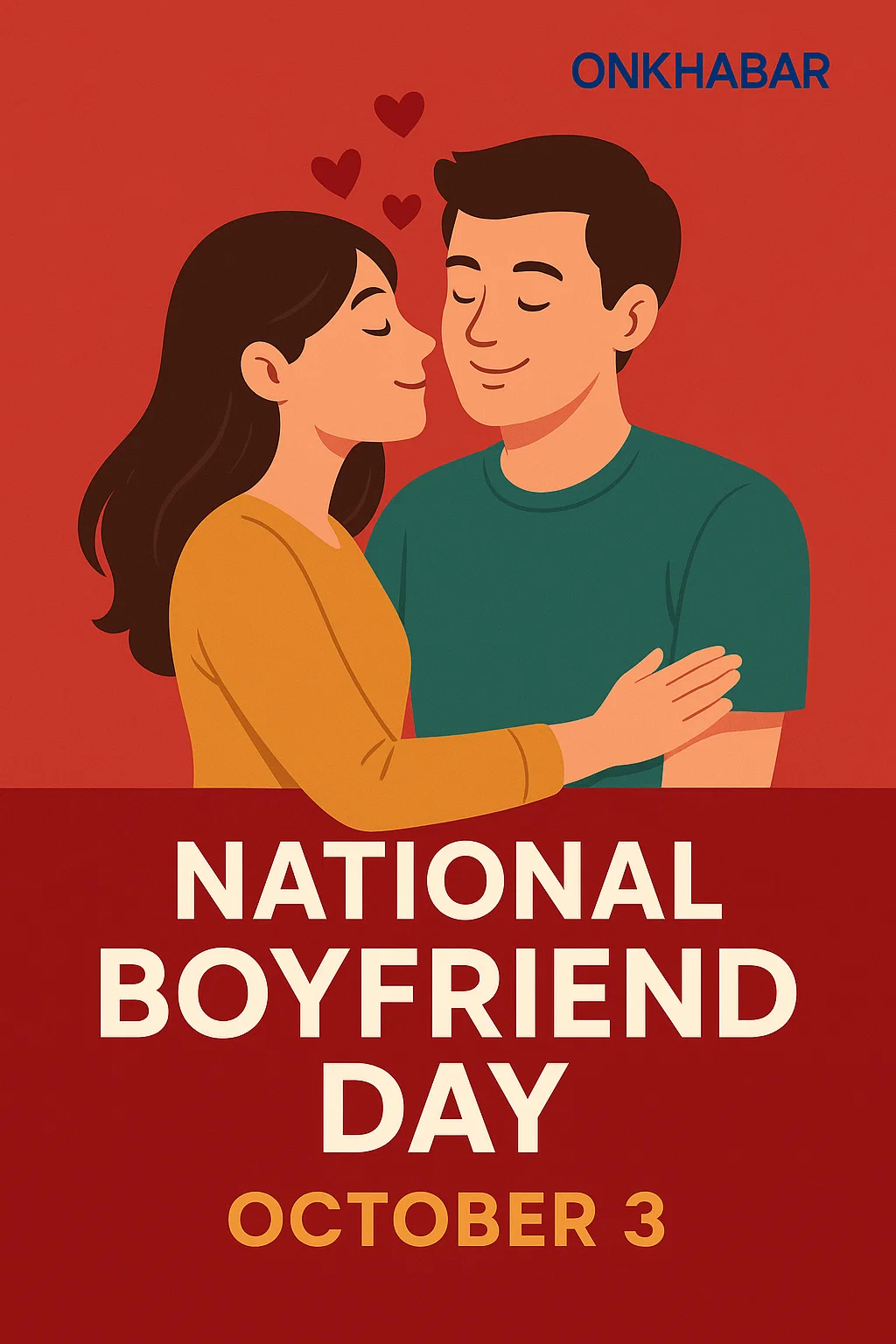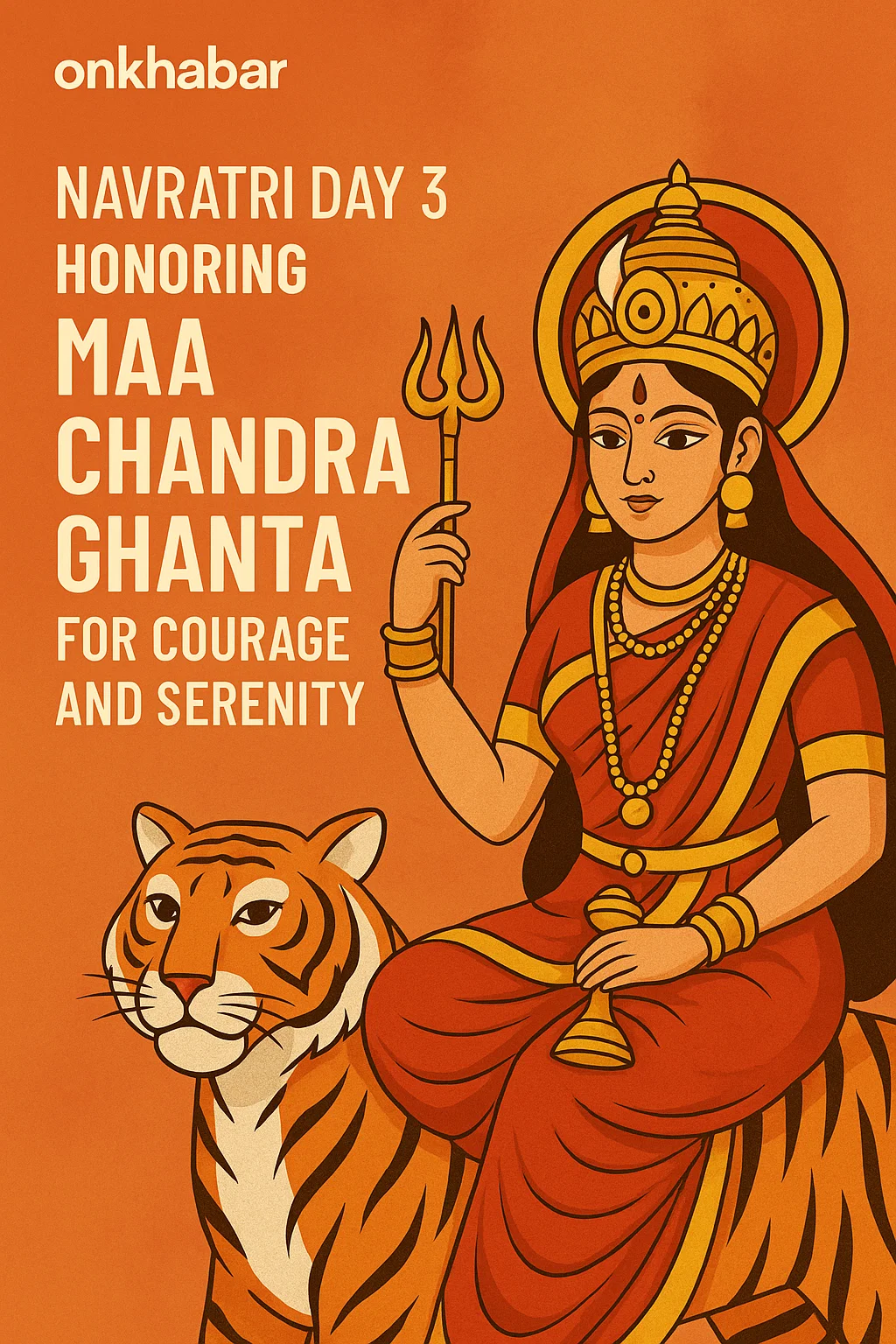1. Previous Controversies Involving Kunal Kamra
Kunal Kamra, known for his unfiltered brand of political humor, has repeatedly found himself at the center of heated debates. Here’s a look at his most notable run-ins with controversy:

The IndiGo Flight Incident (2020)
Kamra confronted journalist Arnab Goswami mid-flight, filming a viral video where he accused Goswami of “divisive journalism.” Airlines banned him temporarily, sparking debates about civility versus activism. While critics called it harassment, supporters hailed it as a protest against media sensationalism.
Stand-Up Specials and Platform Backlash
His Amazon Prime special, “Patriotism and the Government” (2019), faced calls for removal for mocking BJP leaders and the “hyper-nationalist” narrative. Hindu right-wing groups filed complaints alleging “anti-India” sentiment.
Trolling Supreme Court Judges (2021)
Kamra’s tweets mocking Supreme Court judges during the Pegasus spyware case hearings led to contempt of court notices. He later apologized, calling it “satirical criticism,” but the incident raised questions about legal boundaries for comedians.
Mocking COVID Policies (2021)
During the Delta variant surge, Kamra’s jokes about “PM CARES funds” and vaccine shortages triggered FIRs for “spreading panic.” Authorities accused him of undermining public trust.
Key Takeaway: Kamra’s career thrives on walking the tightrope between satire and provocation, often testing India’s tolerance for dissent.
2. “Political Satire in India: A History of Backlash”
India’s relationship with political satire is fraught with tension. From colonial-era censorship to today’s social media wars, humorists have long faced pushback:
Colonial Roots and Post-Independence Shifts
British-era laws like sedition (Section 124A) were weaponized to silence critics. Post-1947, figures like cartoonist R. K. Laxman used wit to critique Nehruvian policies, but governments often retaliated with defamation suits.
The Rise of Digital Satire (2010s)
Comedy collectives like AIB (All India Bakchod) and The Viral Fever redefined satire for millennials. Their sketches mocking politicians (e.g., “Narendra Modi vs. Rahul Gandhi Rap Battle”) went viral but also attracted legal threats and troll armies.
Crackdowns Under the BJP Era
Since 2014, satire targeting the Modi government has faced intensified backlash:
– AIB’s Decline: After roasting Modi’s “Achhe Din” promises, AIB faced tax raids and advertiser boycotts, leading to their eventual hiatus.
– Munawar Faruqui’s Arrest (2021): The comedian was jailed over jokes he might make about Hindu deities, highlighting precarity for Muslim satirists.
– IT Act Weaponization: FIRs under Section 66A (later struck down) and Section 295A (hurting religious sentiments) surged against comedians.
Public Sentiment: Divided Audiences
While urban youth often champion satire as dissent, conservative groups label it “anti-national” or “blasphemous.” Religious tropes (e.g., jokes on Ramayana or mosque disputes) trigger尤其 swift retaliation.
Key Takeaway: India’s satire scene reflects its democratic paradox—vibrant free expression coexists with fragile tolerance for dissent.
Keywords for Internal Sections:
– Kunal Kamra flight controversy
– AIB Narendra Modi satire
– Munawar Faruqui arrest case
– Political satire laws India
– Free speech vs defamation
Return to the main article: [Kunal Kamra’s Explosive 45-Minute Video Sparks Outrage](example.com/kunal-kamra-controversy)”*
